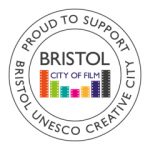Becoming Cary Grant (2017), dir. Mark Kidel
UWE Glenside Campus, Chestnut House Glenside Campus, Blackberry Hill, Bristol BS16 1XL
Friday 23 November 2018, doors: 7pm, film: 7.30pm
Running time: 80mins + panel discussion
Tickets: £13/£11 Concessions, plus £1.50 transaction fee
THIS EVENT HAS ALREADY HAPPENED
Join us for our opening night reception and special screening of the award-winning Becoming Cary Grant which takes place at UWE Glenside campus, nee Bristol Lunatic Asylum, where Cary Grant’s mother, Elsie Kingdon Leach was committed in February 1915. The screening will be followed by a Q&A panel discussion with director Mark Kidel, neuropsychopharmacologist Professor David Nutt, Cary Grant expert Mark Glancy and Stella Man from Glenside Hospital Museum.
“I pretended to be somebody I wanted to be until, finally, I became that person, or he became me” (Cary Grant)
Mark Kidel’s remarkable film, which was in the official selection at the Cannes Film Festival 2017 and won best Documentary Feature at the Scottish Mental Health Arts Festival, explores Cary Grant’s life from the perspective of his (then legal) LSD therapy sessions in the 1950s, using extracts from his autobiography (spoken by Jonathan Pryce) and home movie footage (much of it shot in Bristol) to piece together a moving account of his incredible and sometimes uncomfortable journey from Archie Leach to global film icon, Cary Grant.
“Everybody wants to be Cary Grant. Even I want to be Cary Grant” (Cary Grant)
Much is being made of Cary Grant’s acid trips, but whilst this a useful cinematic device for exploring his subconscious, the film transcends the sensationalist tone of many of its reviews (see this Vice piece for example). In an article in the Guardian producer Nick Ware suggests that his experience with LSD not only coincided with, but also enabled, Cary Grant’s most critically acclaimed performances:
“This was the time of North by Northwest and Charade. So all that period when he is the biggest box office star in the world is also the period when he’s taking LSD. He has reached this incredible level of total minimalism, inner peace. I’m sure the acid informed the acting.” (Nick Ware)
One of the most fascinating things about the film is the home movie footage itself – not just because there are nostalgic shots of Bristol – but because it reveals Cary Grant’s astonishing eye for the camera. This is not your typical bio-pic. What is refreshing about this film is that it avoids both the traditional hagiographic celebrity study and the warts-and-all exposé, to construct a powerful celebration of Cary Grant’s humanity, and – by extension – our own.
Featuring a soundtrack from local musicians Adrian Utley (Portishead) and The Insects, don’t miss this opportunity to see this powerful documentary on the big screen, not only in Cary Grant’s home town, Bristol – but in the very auditorium where his mother would have spent her recreation time during her 20-year stay.
We were lucky enough to welcome director Mark Kidel to the 2016 Cary Grant Festival where we were given a sneak peak of work in progress. He joins us now for a Q&A and panel discussion after the screening, exploring shifting mental health practices and the taboo about mental illness which led to the young Archie Leach being led to believe his mother was dead, only reunited after he’d become famous as Cary Grant.
Contributors
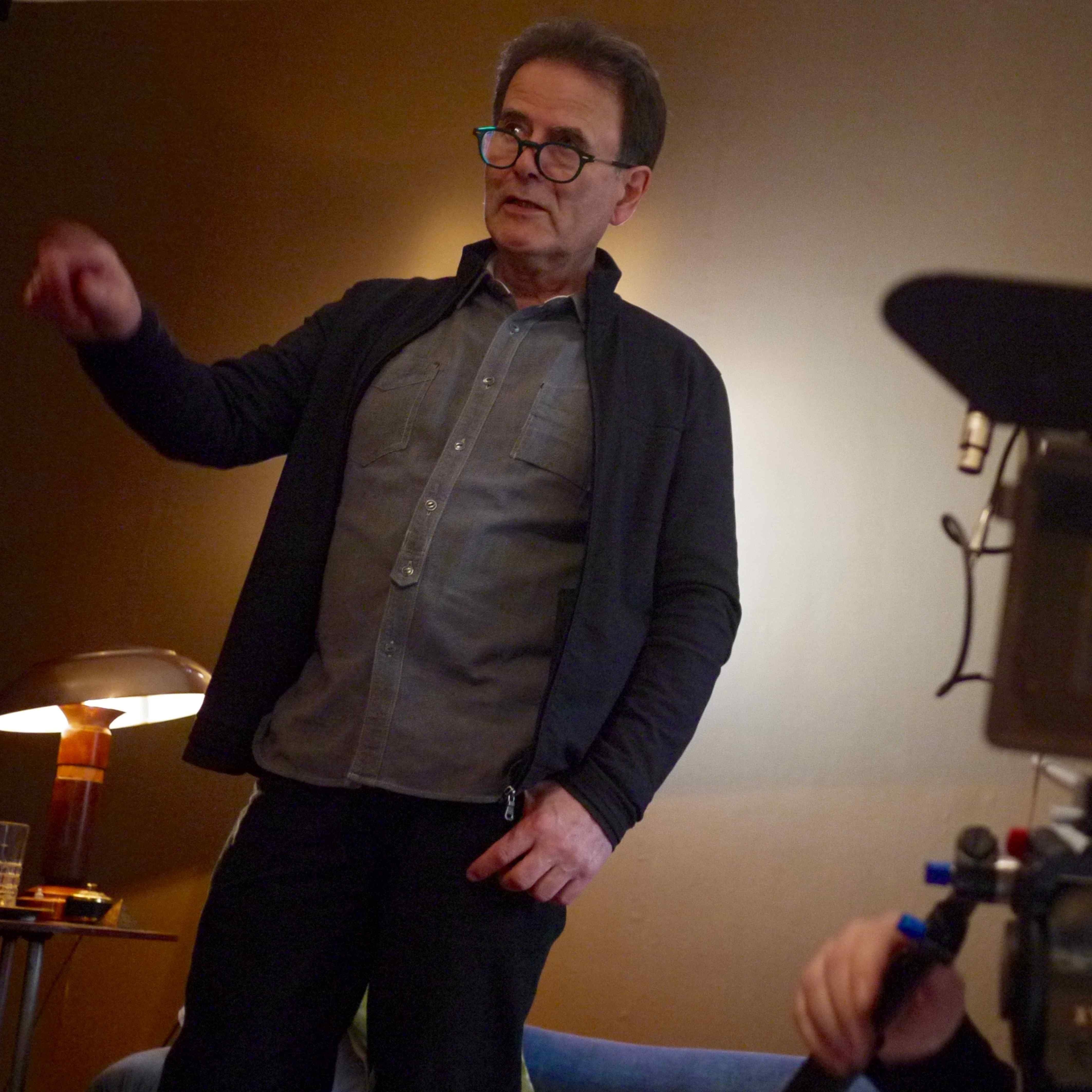 Mark Kidel is a documentary filmmaker and writer whose award-winning films include portraits of Cary Grant, John Adams (composer), Elvis Costello, Boy George, Ravi Shankar, Rod Stewart, Bill Viola, Iannis Xenakis, pianists Alfred Brendel and Leon Fleisher, Derek Jarman, Balthus, Tricky, Robert Wyatt and American theatre and opera director Peter Sellars. The unusually wide range of subjects explored in his films reflects an approach to documentary that his driven by personal interest and passion. With cultural roots in Paris as much as in England, his work cannot easily be pigeonholed, although a number of recurring themes and concern run through the process of continual exploration and reflection that has nourished his practice.
Mark Kidel is a documentary filmmaker and writer whose award-winning films include portraits of Cary Grant, John Adams (composer), Elvis Costello, Boy George, Ravi Shankar, Rod Stewart, Bill Viola, Iannis Xenakis, pianists Alfred Brendel and Leon Fleisher, Derek Jarman, Balthus, Tricky, Robert Wyatt and American theatre and opera director Peter Sellars. The unusually wide range of subjects explored in his films reflects an approach to documentary that his driven by personal interest and passion. With cultural roots in Paris as much as in England, his work cannot easily be pigeonholed, although a number of recurring themes and concern run through the process of continual exploration and reflection that has nourished his practice.
 Professor David Nutt is Edmond J Safra Chair of Neuropsychopharmacology, Imperial College London, where he is director of the Neuropsychopharmacology Unit in the Division of Brain Sciences specialising in the research of drugs that affect the brain and conditions such as addiction, anxiety, and sleep. Prior to that he was a professor at the University of Bristol heading their Psychopharmacology Unit. He is Chair of Drug Science (formerly ISCD), was a member of the Committee on Safety of Medicines, and was President of the European College of Neuropsychopharmacology. His book Drugs Without the Hot Air (UIT press) won the Transmission Prize for Communicating Science in 2014. @ProfDavidNutt
Professor David Nutt is Edmond J Safra Chair of Neuropsychopharmacology, Imperial College London, where he is director of the Neuropsychopharmacology Unit in the Division of Brain Sciences specialising in the research of drugs that affect the brain and conditions such as addiction, anxiety, and sleep. Prior to that he was a professor at the University of Bristol heading their Psychopharmacology Unit. He is Chair of Drug Science (formerly ISCD), was a member of the Committee on Safety of Medicines, and was President of the European College of Neuropsychopharmacology. His book Drugs Without the Hot Air (UIT press) won the Transmission Prize for Communicating Science in 2014. @ProfDavidNutt
 Stella Man is Projects Manager at Glenside Hospital Museum and an experienced artist, curator and facilitator for Involving Residents in Solutions (IRIS). Glenside Hospital Museum provides a rare opportunity for people to discuss mental illness and incapacity through an examination of the past and aims to be a dynamic educational community resource that is determined to change negative attitudes about mental illness. The collection of artifacts, images, and data from the Bristol Asylum and psychiatric hospital (1861 to 1994) and the Stoke Park Colony of Hospitals (1909 to 2000), provides stimulating insights in how people experiencing mental health problems were cared for and opportunities to consider our own well-being. @Glenside_museum
Stella Man is Projects Manager at Glenside Hospital Museum and an experienced artist, curator and facilitator for Involving Residents in Solutions (IRIS). Glenside Hospital Museum provides a rare opportunity for people to discuss mental illness and incapacity through an examination of the past and aims to be a dynamic educational community resource that is determined to change negative attitudes about mental illness. The collection of artifacts, images, and data from the Bristol Asylum and psychiatric hospital (1861 to 1994) and the Stoke Park Colony of Hospitals (1909 to 2000), provides stimulating insights in how people experiencing mental health problems were cared for and opportunities to consider our own well-being. @Glenside_museum
 Mark Glancy is Reader in Film History at Queen Mary University of London. His book, Cary Grant: The Making of a Hollywood Legend, will be published by Oxford University Press in 2020. He was editorial consultant on Becoming Cary Grant (Yuzu Productions, 2017), and he has written articles about Grant’s career for The Many Cinemas of Michael Curtiz (Palmer & Pomerance, eds) and London on Film (Hirsch & O’Rourke, eds). His other publications include Hollywood & the Americanization of Britain, From the 1920s to the Present (Tauris, 2014), The 39 Steps: A British Film Guide (Tauris, 2003), When Hollywood Loved Britain: The Hollywood ‘British’ Film, 1939-45 (Manchester University Press, 1999), and, as co-editor with James Chapman and Sue Harper, The New Film History: Sources, Methods, Approaches (Palgrave, 2007).
Mark Glancy is Reader in Film History at Queen Mary University of London. His book, Cary Grant: The Making of a Hollywood Legend, will be published by Oxford University Press in 2020. He was editorial consultant on Becoming Cary Grant (Yuzu Productions, 2017), and he has written articles about Grant’s career for The Many Cinemas of Michael Curtiz (Palmer & Pomerance, eds) and London on Film (Hirsch & O’Rourke, eds). His other publications include Hollywood & the Americanization of Britain, From the 1920s to the Present (Tauris, 2014), The 39 Steps: A British Film Guide (Tauris, 2003), When Hollywood Loved Britain: The Hollywood ‘British’ Film, 1939-45 (Manchester University Press, 1999), and, as co-editor with James Chapman and Sue Harper, The New Film History: Sources, Methods, Approaches (Palgrave, 2007).
Read more at IMDb.com
You might also be interested in….
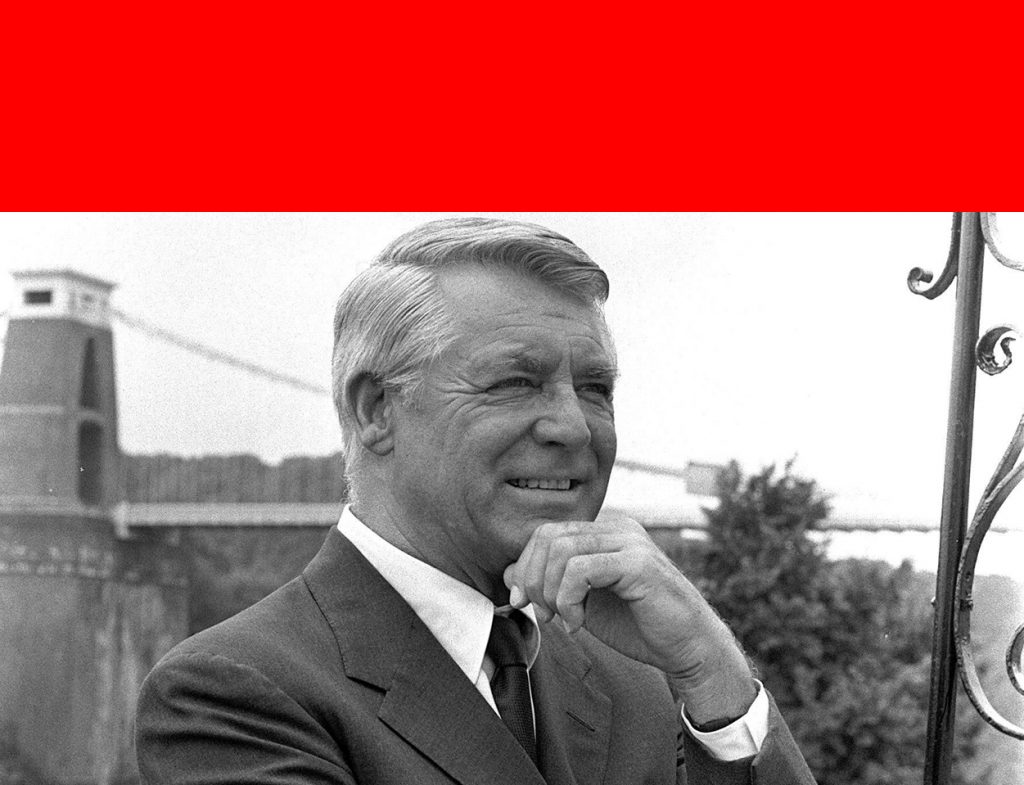 |
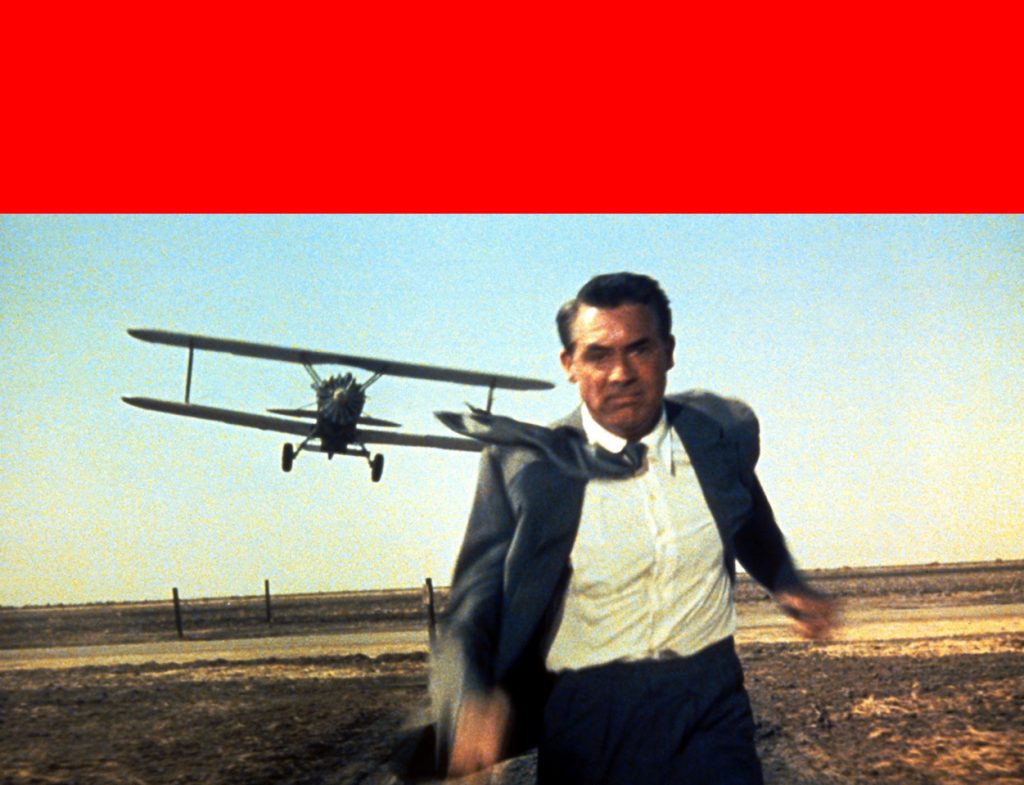 |
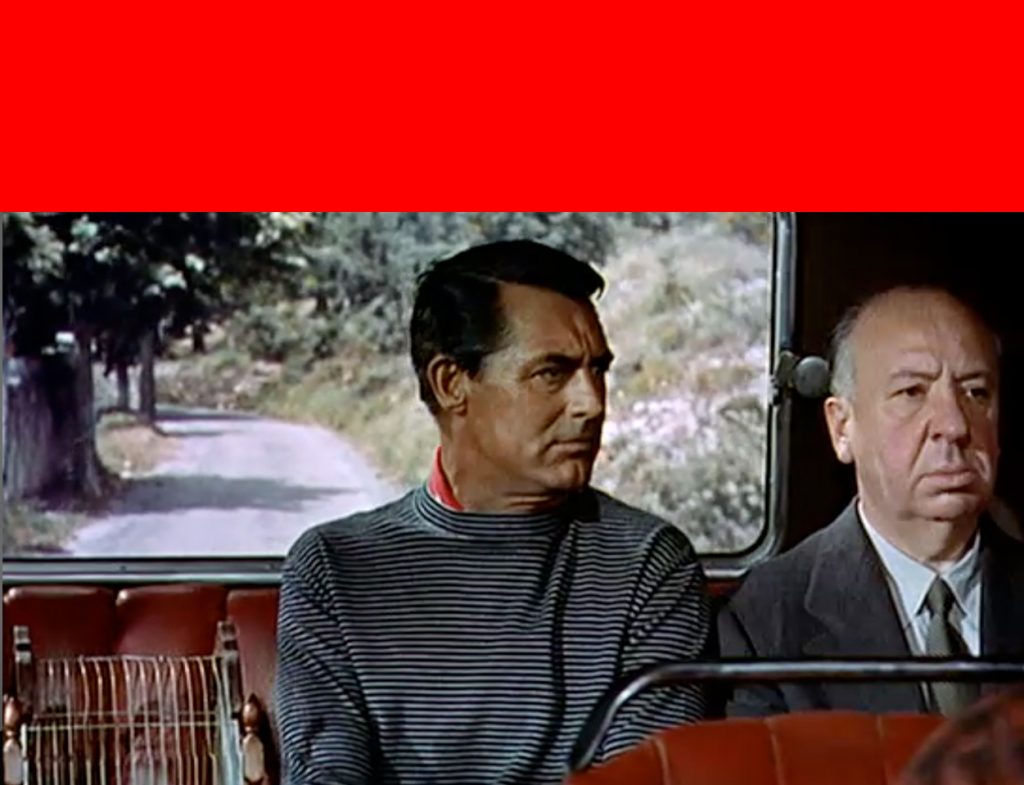 |
|---|---|---|
| CARY GRANT IN BRISTOL AFTERNOON TEA AT AVON GORGE |
NORTH BY NORTHWEST AT THE PLANETARIUM INTRO BY MATTHEW SWEET |
HITCHCOCK AND CARY GRANT ILLUSTRATED TALKS AT WATERSHED |
Celebrating Bristol’s recent designation as a UNESCO City of Film, in recognition of the city’s vibrant screen heritage, of which Cary Grant is one of our brightest stars.

